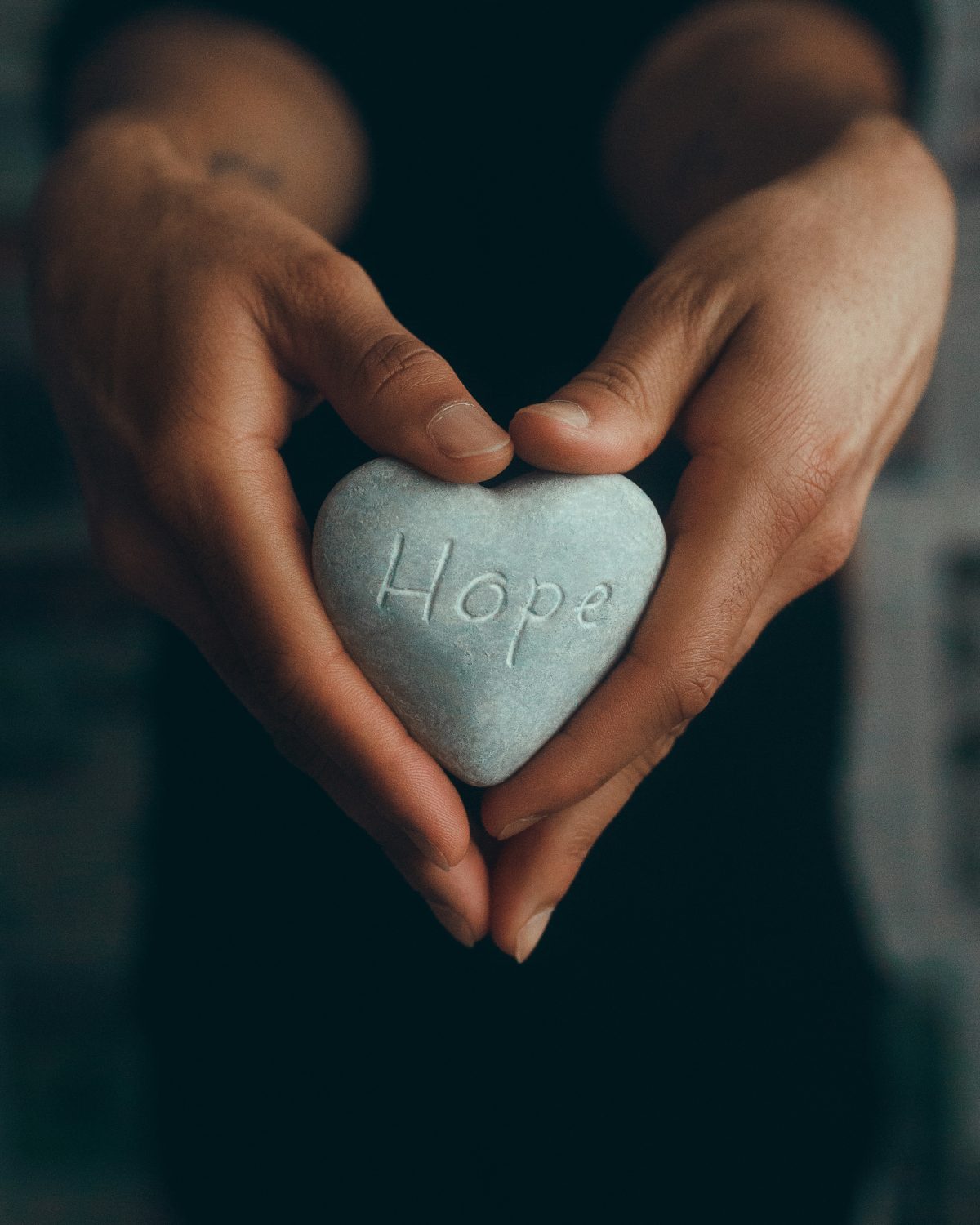Life after trauma can feel like an endless loop, especially when you escape one toxic situation only to find yourself in another. It’s a unique struggle—where you’ve done nothing to invite trouble, and yet, it finds you again. Even more disheartening is when the people or systems meant to support you—therapists, doctors, social workers, clergy members, or government officials—end up adding to the pain. This can happen for various reasons beyond your control, whether due to structural inequality, system failures, or a pervasive lack of positivity in certain areas.
As someone who’s been in therapy since middle school, I’ve seen firsthand how the people we turn to for help can sometimes fail us—deeply and repeatedly. I’ve been in rooms where therapists degraded me, talked down to me, and made wild assumptions about my character. They gaslit me about my own experiences, laughed at my trauma, and made me feel smaller every time I left. And for what? What good did it do me to recount those traumatic events with them? I began to feel hopeless—because if even the experts couldn’t help me, where did that leave me?
But here’s the truth: Even when we face such challenges, we have the power to reclaim our journey. In this article, I want to share how I’m learning to make peace with these experiences and, more importantly, how to shift my focus to what’s within my control. I believe deeply in our own capabilities—and I want you to believe in yours, too.
The Challenge of Trusting Systems That Fail Us
It’s tough to describe how disheartening it can be when the very systems or professionals you’re supposed to trust let you down. Therapists, social workers, and doctors are trained to support people, but sometimes they fall short. Sometimes, they even become part of the toxicity we’re trying to escape.
This can happen for many reasons. Structural inequality plays a big role—people from marginalized backgrounds often experience subpar treatment or discrimination, even from supposed “helpers.” Underfunded systems or burned-out professionals also contribute. In some cases, I think it’s just that the world around us hasn’t cultivated the right kind of support we need—especially in certain areas where positivity and empathy seem lacking.
In my case, I could feel my mental health worsening as I encountered therapists who didn’t listen, laughed at my pain, or just flat-out didn’t believe me. I realized that finding someone who could truly help me would be an uphill battle, especially since the most skilled therapists often don’t accept insurance, leaving those who do to fall into patterns of exploitative care. I began to wonder: What’s the point of trusting these systems?
Taking Back Control: Focusing on What You Can Change
So, how do we overcome this hopelessness? How do we rebuild a sense of control when the world around us feels out of our hands? The answer lies in exactly that—focusing on what is in our hands.
I’ve been through it. A lot. And it led me on a constant search for the one—the person or therapist who could help me heal and make everything better. I didn’t believe I could do anything myself, despite all the evidence of my capability. That mindset, that search for external validation and healing, was problematic. Therapy can sometimes amplify that feeling if we come into it believing the therapist has all the answers.
But the truth is, there is no one-size-fits-all approach to healing. Therapists are not all-knowing or all-powerful. They each have their own limited expertise. So, it’s crucial not to put them on a pedestal. It’s up to you to choose someone who’s a good fit and to walk away from those who aren’t. The real healing happens when you recognize your active role in the process. You are fully capable of doing that healing work—even without someone else’s help. You have more power than you realize, and focusing on what you can control is the first step toward taking it back.
Here are a few steps that have helped me regain my power, and I hope they’ll inspire you, too:
1. Set Boundaries with Service Providers
One of the most empowering things you can do is recognize when a service provider is not meeting your needs and walk away. If you feel disrespected, belittled, or gaslit, know that you do not have to stay in that dynamic. It’s okay to stop seeing a therapist, switch doctors, or fire a lawyer if they aren’t respecting your experience.
I know how difficult this can be—especially when it feels like your options are limited—but every time you assert your boundaries, you’re taking a powerful step toward reclaiming your life.
2. Educate Yourself
We live in a time where knowledge is at our fingertips, and that’s a gift. You don’t have to feel completely dependent on gatekeepers like therapists or lawyers anymore. With technology and AI, you can educate yourself on mental health techniques, legal rights, or coping strategies without waiting for someone to tell you what’s possible.
Many therapeutic approaches—like cognitive-behavioral therapy (CBT) or mindfulness—can be learned through self-study. There are countless free resources, apps, and forums where you can build your own toolkit for managing your mental health. The more you educate yourself, the better you’ll be at recognizing when someone in a professional role isn’t living up to what they should be providing.
3. Build Your Own Emotional Toolkit
Creating your own set of tools for managing emotions can be a game-changer. This could mean different things for different people, but for me, it includes journaling, practicing mindfulness, and using art and music as therapeutic outlets. Find what works for you, and build those habits into your daily routine.
Whether it’s meditation, grounding exercises, or something as simple as going for a walk, focusing on tools you can use anytime, anywhere, gives you a sense of agency. It’s a way to remind yourself that no matter what’s happening around you, you have resources within you.
4. Mindset Shifts: From Powerlessness to Empowerment
A big part of overcoming hopelessness is reshaping how you view yourself. Yes, systems fail, people fail, and sometimes, the world feels deeply unfair—but that doesn’t mean you’re powerless.
Start by reframing your thoughts around agency. Instead of saying, “I need this therapist to fix me,” try shifting it to, “I am actively participating in my healing process.” Instead of feeling dependent on outside help, start believing in your capability to grow and heal—on your own terms.
5. Find or Build Community Support
While it’s true that systems can fail us, we can never underestimate the power of community. Whether through peer support groups, online forums, or local organizations, there are always people out there who understand your struggles and want to support your growth.
These communities are often filled with individuals who have faced similar challenges, and they can provide solidarity, encouragement, and practical advice. If you can’t find a group that feels right, consider starting one. You might be surprised by how many people share your experience and are looking for connection.
6. Recognize the Small Wins
Healing doesn’t happen all at once. But it does happen, in small, beautiful ways. Every time you set a boundary, walk away from toxicity, or take care of yourself in a meaningful way, you’re making progress.
When the big victories seem out of reach, celebrate the small ones. Each step toward healing—no matter how small—is a reminder that you’re in control of your journey.
Conclusion: You Are Capable, and You Are Worthy
I want to leave you with this: Even when systems fail, even when people fail, you are not a failure. You are capable, worthy, and equipped to navigate your healing process. I know firsthand how hard it is to overcome hopelessness, but I also know how powerful it is to reclaim your sense of control, step by step.
With knowledge, boundaries, and belief in yourself, you can move forward—even when it feels like the world is against you. And remember, you are not alone in this journey. There are countless others who have faced similar challenges, and by sharing our stories and supporting each other, we become stronger.
Healing is not about fixing everything that’s broken. It’s about discovering the power that’s already within you.





